lens
Spirited Ventures and Adventures
These students are pursuing passions from healthcare to national Scrabble competitions
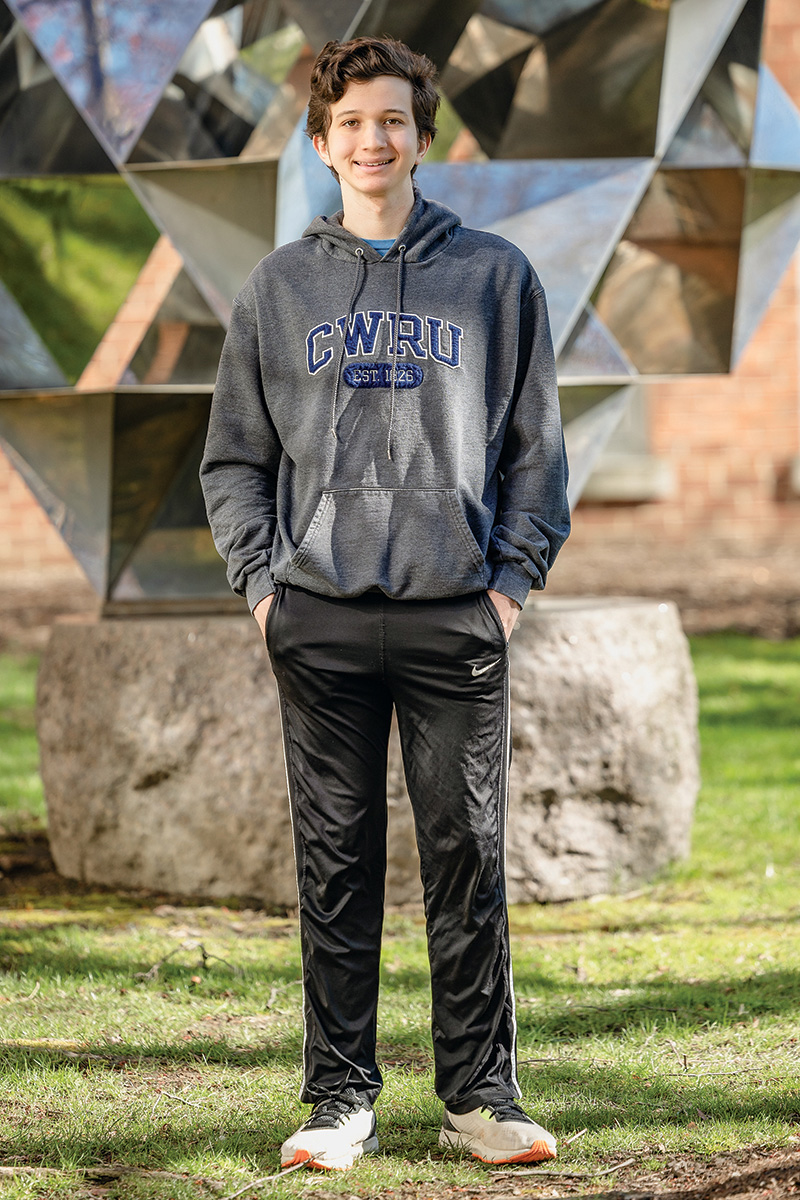
PHOTO: Matt ShifflerZachary Ansell
Zachary Ansell is a sophomore considering a triple major in computer science, classics and math, with a goal of becoming a software engineer.
Ansell started playing Scrabble competitively in elementary school, and at age 11, beat Jimmy Kimmel on Kimmel's television show. His proudest achievement: being a three-time winner in the North American School Scrabble Championship competition—twice in middle school and once in high school.
Today, he's ranked in the top 50 players nationally and, even during the school year, sometimes practices 60 minutes a day, learning new words and strategies. One of his proudest moments came last year when Ansell played the word "furziest"—most grassy or most shrubby—in an online game for a whopping 311 points.
"It's satisfying to play ... at a high level against other high-rated people," he said. Being at that level "feels like a vindication to me for all the time and effort I've put into the game for the past decade."
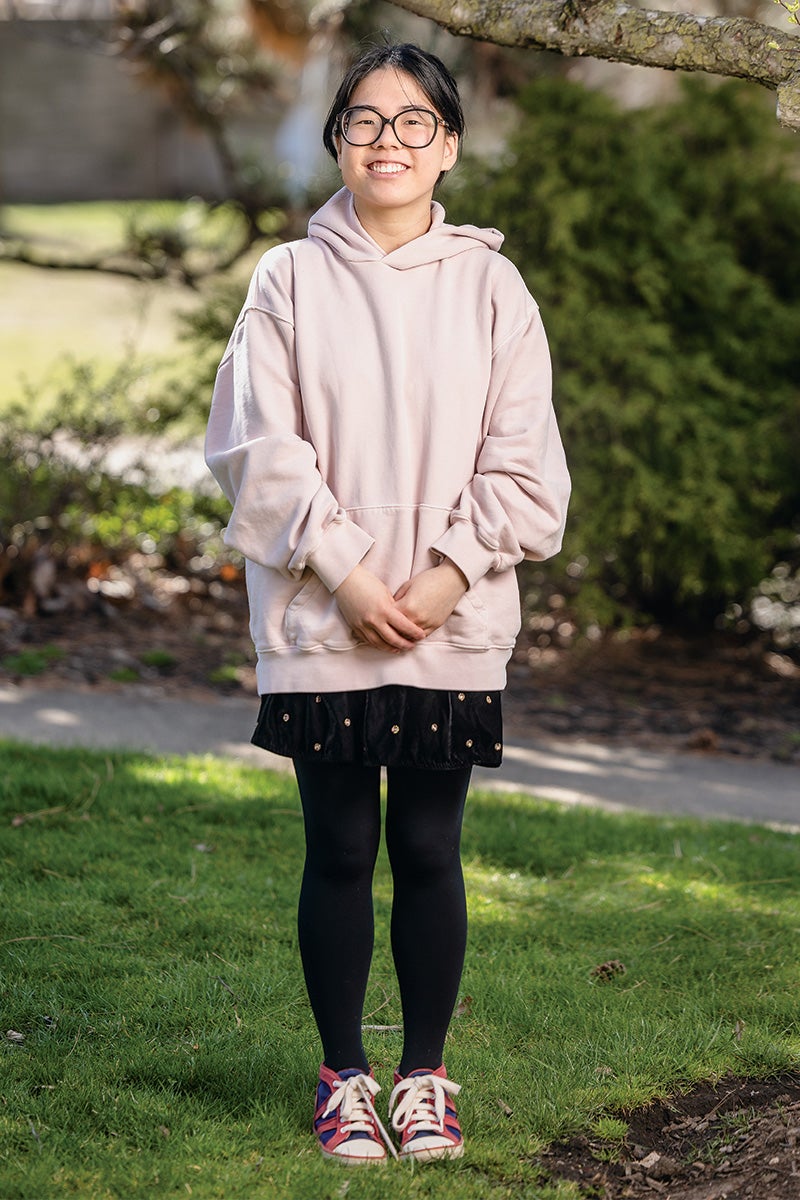
PHOTO: Matt ShifflerLindsey Wang
Lindsey Wang is majoring in computer science, minoring in economics and hopes to be a clinical or research physician.
As a high school student, Wang participated in a CWRU-based summer scientific enrichment program under Nathan Berger, MD, the Hanna-Payne Professor of Experimental Medicine and a Distinguished University Professor.
Last year, she was a co-author with Berger and others on a groundbreaking study finding that a class of medications used to treat type 2 diabetes may also reduce the risk of colorectal cancer. Wang's role: helping to create and run queries of 100 million health records to extract data. The study, published in the journal JAMA Oncology, is among 12 Wang has co-authored that were published in medical or scientific journals and five published online before the peer review.
"After my first paper was published and I saw the reception my project got, I realized that the work I did, and can choose to continue to do, can have a real-world impact," Wang said.
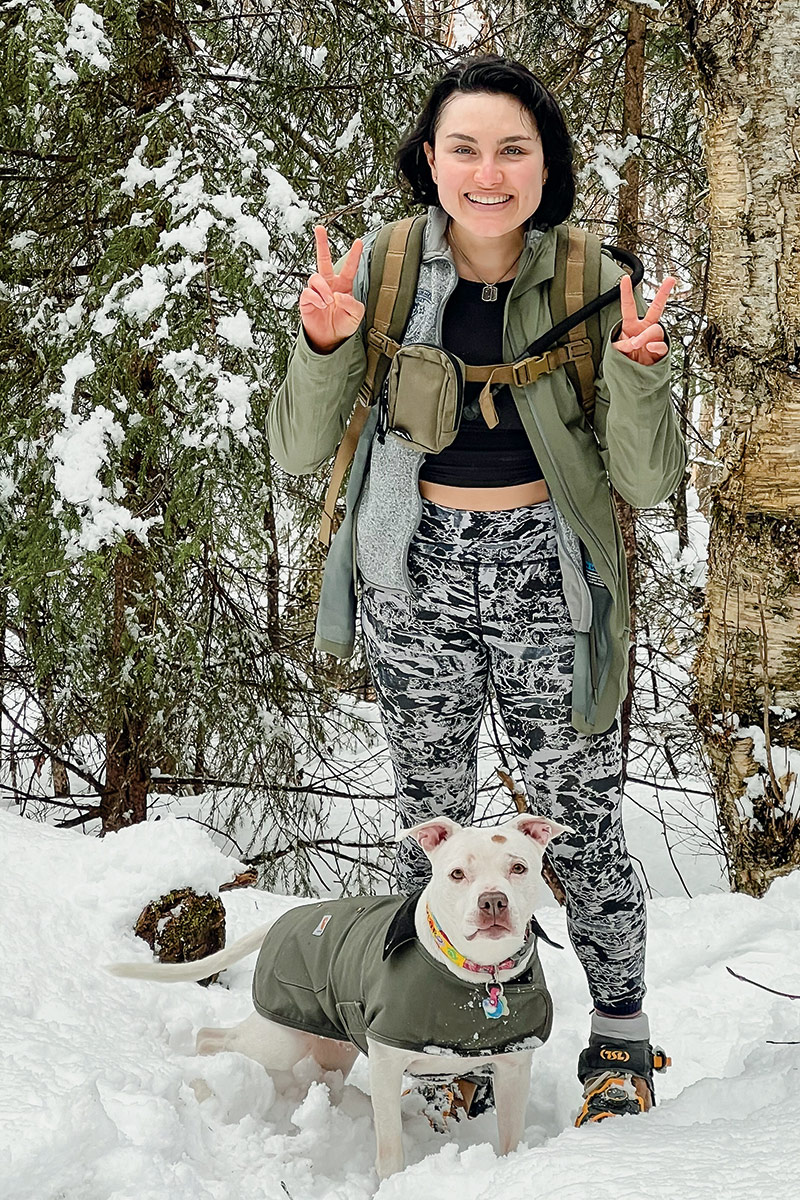
Olivia Dhaliwal
Olivia Dhaliwal is a fourth-year medical student and recipient of a highly competitive scholarship from the Pisacano Leadership Program, which provides career- and skill-development programs for future family medicine practitioners.
After college, Dhaliwal taught science on South Dakota's Rosebud Indian Reservation through Teach for America for two years. She spent another year working at the reservation's hospital and set up a hepatitis C treatment clinic, coordinating care there as well as at two other clinics.
At CWRU, she's been a leader of several School of Medicine student organizations. She also is the student representative to the American Academy of Family Physicians Commission for Health of the Public and Science, which develops clinical guidelines, advocates for health initiatives and promotes health equity.
"I'm motivated to help create a world where physicians have the freedom to heal by example," she said, and "learning to navigate leadership roles is a critical part of that journey."
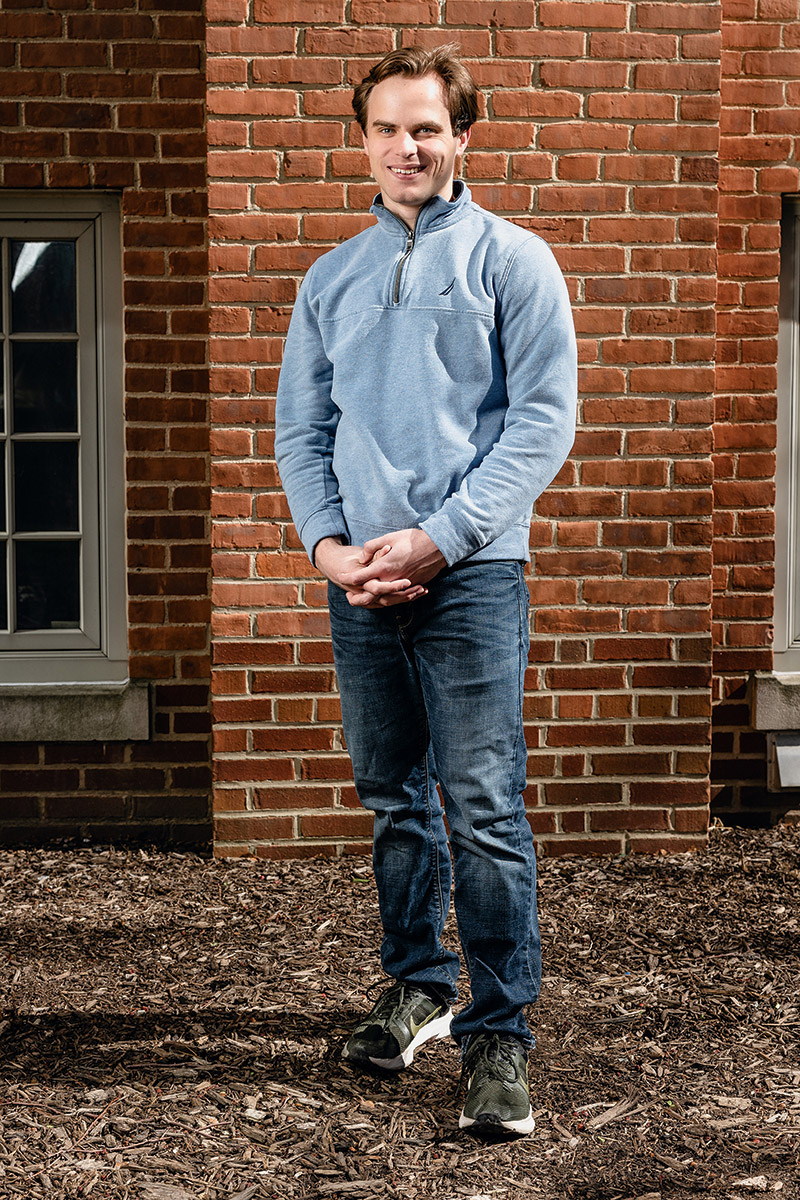
PHOTO: Matt ShifflerAlbert Wilhelmy
Albert Wilhelmy is a fourth-year student majoring in electrical engineering and minoring in astronomy. During the 2022-2023 school year, Wilhelmy created "Book I Own," a program that pairs third- and fourth-graders at Boulevard Elementary School in Cleveland Heights with Case Western Reserve students who share similar interests.
Students in one matched pair, for example, are both track runners; those in another aim to pursue medical careers. Once matched, the CWRU students—45 so far—write letters to the Boulevard students, encouraging them to follow their dreams.
The children also receive a book selected by their CWRU match and aligned with their mutual interests. Wilhelmy said campus mentors and student volunteers—who believe in the power of book ownership—made the program possible.
"I am just so happy," he said, "that this had gone from an idea for a project to a real physical thing impacting these kids' lives."
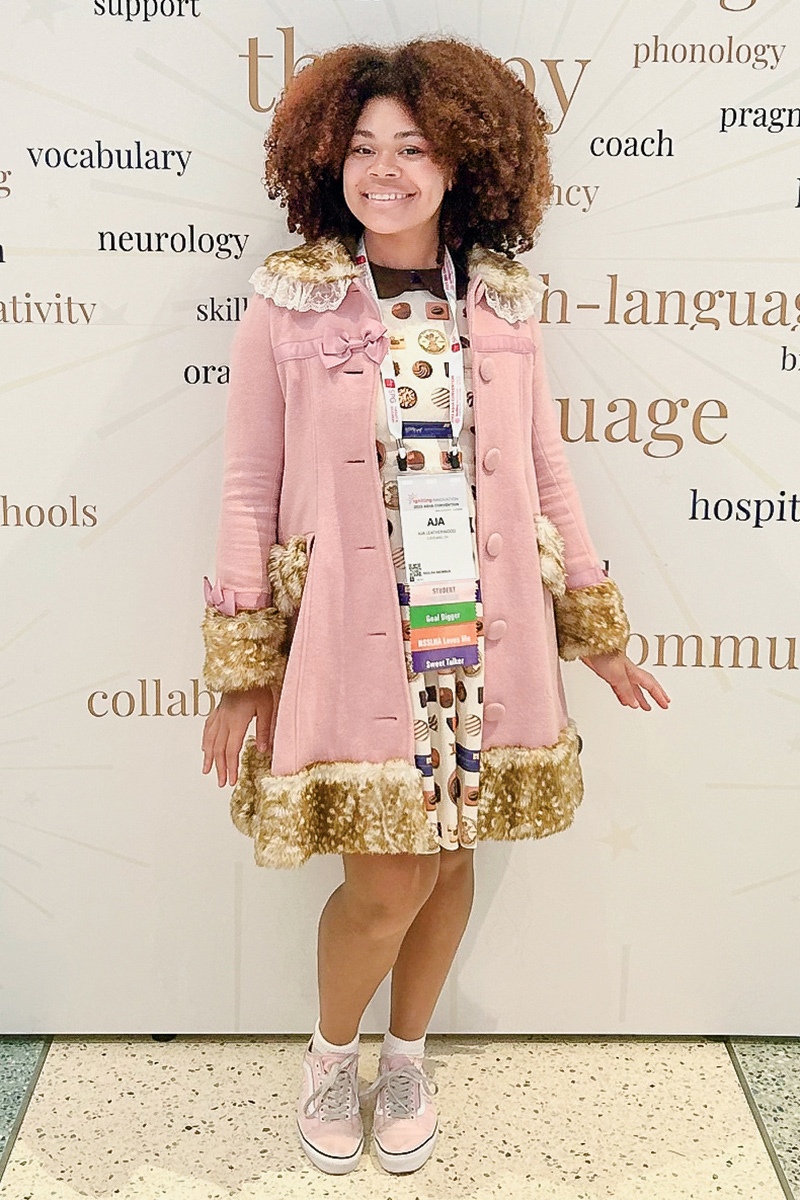
PHOTO: Serena WheelerAja Leatherwood
Aja Leatherwood, a junior communication sciences and psychology major, aims to earn a doctorate in audiology, a PhD in hearing science and do clinical research.
Leatherwood began taking American Sign Language (ASL) classes in high school, not knowing that a language she picked by chance would become such a powerful force in her life.
During her first year at Case Western Reserve, she launched a campus ASL club to help educate people about Deaf culture, foster a more inclusive campus environment and continue her own engagement.
"I decided to create my own club to be the change I wanted to see," she said. It has grown to more than 300 members and hosted gatherings, seminars and themed holiday events like "Sign-O-Ween."
"I want to use my passion for ASL, Deaf culture and communication disorders to contribute to advancements in hearing technology and aural rehabilitation," she said.
— ANDREW WELSH-HUGGINS





